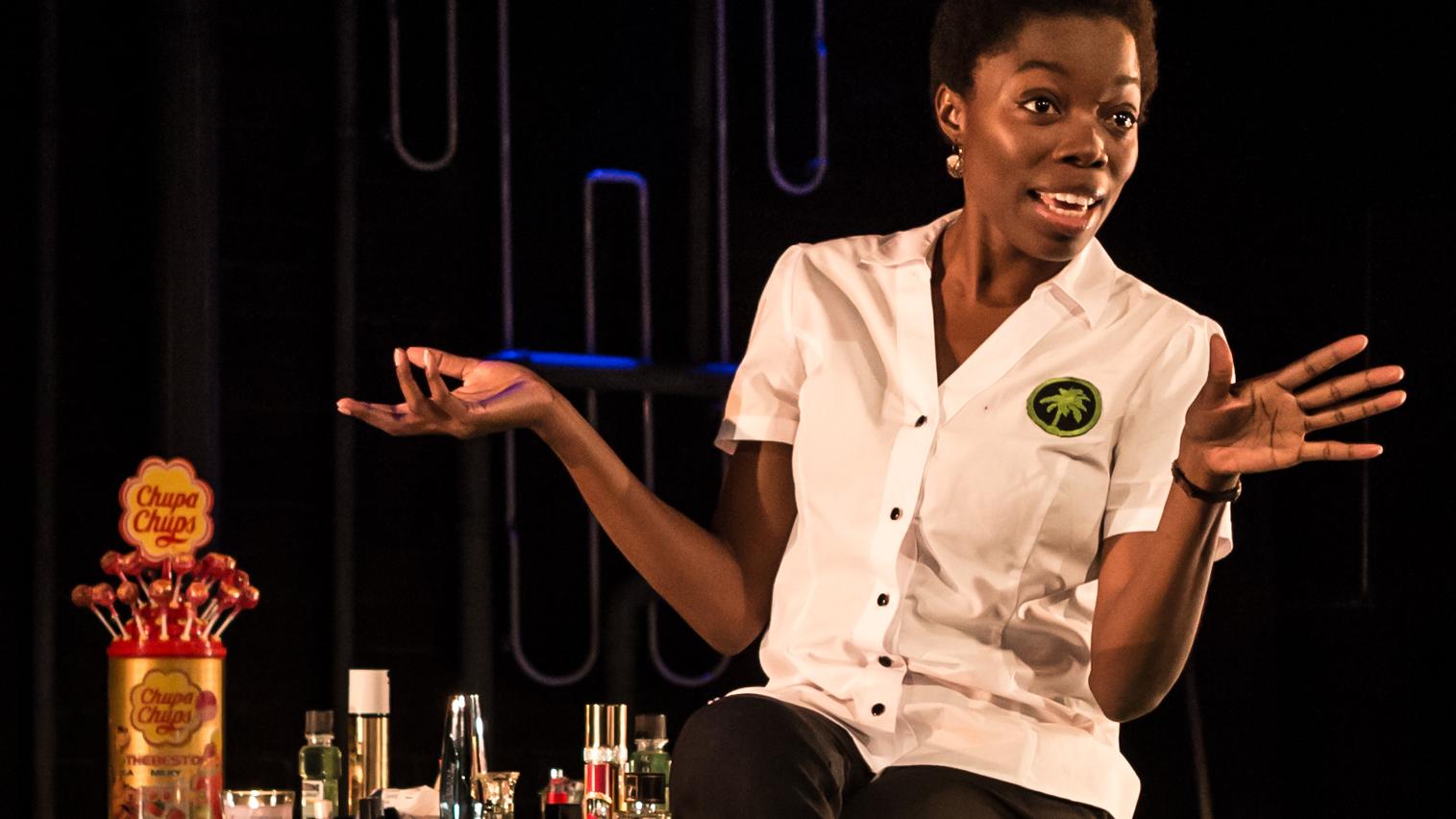Counting Stars at Theatre Royal Stratford East, E15
reviewed for The Times, 7 September 2016
Sophie is a lavatory attendant in a south London nightclub. She wipes the tears of the girls at the club, and sells them a spray of perfume or a mascara touch-up while she’s at it. Sophie likes to find joy in everything, turning her girls into “stars”. (“They are nobodies for the week, but when they come here on a Saturday night, they are somebody.”) Yet over in the men’s loo, her boyfriend Abiodun has less to work with in the quest for tips and takes his customers’ casual racism harder too.
Atiha Sen Gupta isn’t the first writer to grasp that the best drama can happen in club lavatories; Katharine Brush’s short story Night Club was a success in 1927. What 28-year-old Sen Gupta adds to the trope is a deep knowledge of life at London’s sharp end and a rich talent for metaphor. Counting Stars, the tale of two Nigerian immigrants, is set in Woolwich just before the murder of Lee Rigby. The matter of the stars is everywhere here, from Sophie’s infectious love of horoscopes to the taste of iron in blood.
This is witty, scrumptious writing, alive to the possibilities of the moment. David Beckham and Elizabeth Taylor have walk-on parts (as fragrance magnates); and if the rest of us have forgotten that Cheryl Fernandez-Versini once assaulted a Nigerian toilet attendant, Sen Gupta certainly hasn’t.
The marketing for Pooja Ghai’s production suggests an immersive club experience, which is a stretch for a black box studio with cabaret seating and small bar on site. Instead, what we get is a straight two-hander play, given clarity by Laura Curd’s dynamic lighting.
Estella Daniels enchants us as Sophie, her face lit with hope in the face of adversity. Lanre Malaolu, who mesmerised in Philip Ridley’s recent Karagula, is a dynamo as Abiodun, playful and seething by turns.
There’s some excess baggage in the structure, and Ghai’s production struggles to signal clearly the arrival of minor characters in Daniels and Malaolu’s narratives. Yet there’s a lot of talent here.







